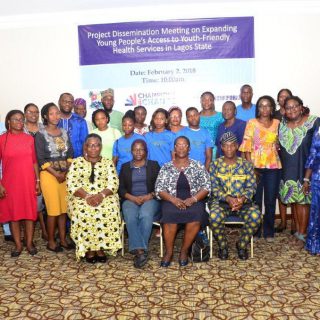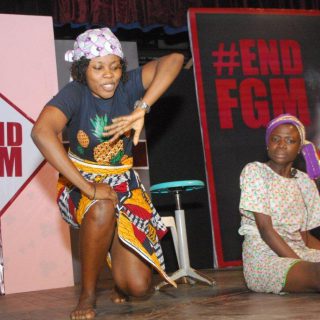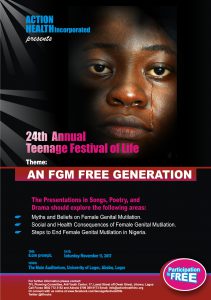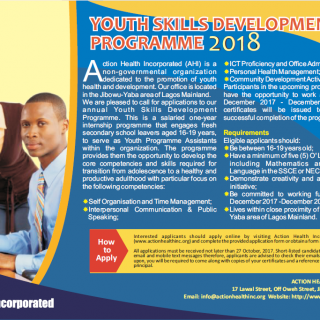The Roundtable on Adolescent Reproductive Health held from 14-17 April, 1998, in New York, had as its theme. Adolescents Sexual and Reproductive Health and Rights: Progress since the Cairo ICPD. The roundtable was organized by UNFPA to review the status, achievements, program experiences and policy changes that have been initiated at various levels, since the Cairo Conference, to respond to the reproductive and sexual health needs of adolescents. Specifically, the meeting aimed to generate success stories, lessons learned and constraints faced by countries implementing the ICPD recommendations.
Each session in the meeting was expected to come up with actions at global, regional and country levels in order to accelerate progress in this area. The conclusions including future actions emanating from the meeting would later be consolidated in a background report that would be reviewed by the International forum (ICPD+5) scheduled for February 1999 and as inputs to the secretary-General’s Report for the Special Session of the General Assembly in June.
AHI’s Project Director, Mrs, ‘Nike Esiet, represented Nigeria at the roundtable which is took place at the Ford Foundation Headquarters in New York. The meeting was declared open by Dr. Nafis Sadik, Executive Director UNFPA, following a welcome address by Dr. VIrgina Davis Floyd, Director Human Development and Reproductive Health, Ford Foundation.
In her opening statement, Dr. Sadik reiterated the fact that adolescent reproductive health is an area, which came properly into focus following the ICPD in 1994. She said, “It has been, and continues to be, one of the most contentious and difficult areas in which to work, because of the sensitivities surrounding adolescent sexuality. Even at the conference and at the subsequent Fourth World Conference on Women in Beijing, we found that myths and misunderstandings were not totally dispelled. Controversy continues regarding parental rights as against their responsibilities to young people. There is disagreement about providing reproductive health information and services to young people, as against a more traditional view of their needs.
“The ICPD Program of Action is quite explicit on adolescent reproductive health. It recognizes the need to address unwanted pregnancy, abortion and sexually transmitted diseases including HIV/AIDS as they affect adolescents. It recognizes the need to promote responsible and healthy attitudes and behavior, including abstinence and the provision of adequate counseling and services.”
Dr Sadik identified that the biggest obstacle facing adolescents exercising their right to reproductive health may in fact lie not in resources or delivery system another infrastructures, but in the minds of people. She asked, “How do we get beyond the stereotyped attitudes, the prejudices and superstitions of the past? How can we learn to look at our young people not as children in need of protection, or as fully-grown adults who can take care of all their own needs, but as something in between-young people learning to take responsibility, learning to manage their own lives, learning to take their place in the society.”







You must be logged in to post a comment.